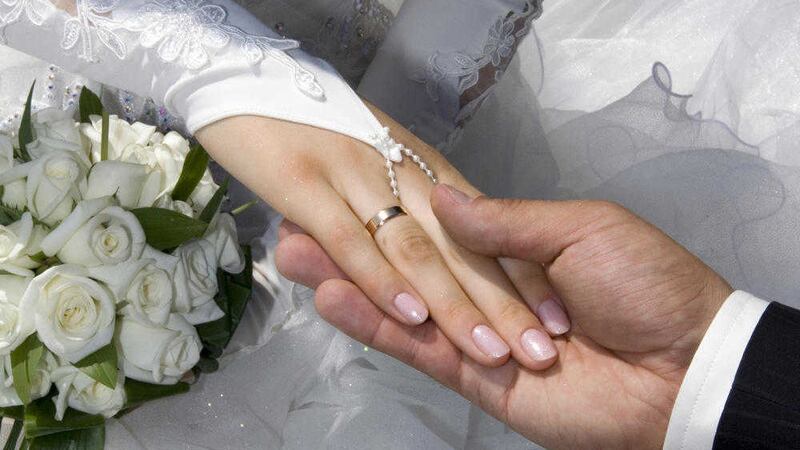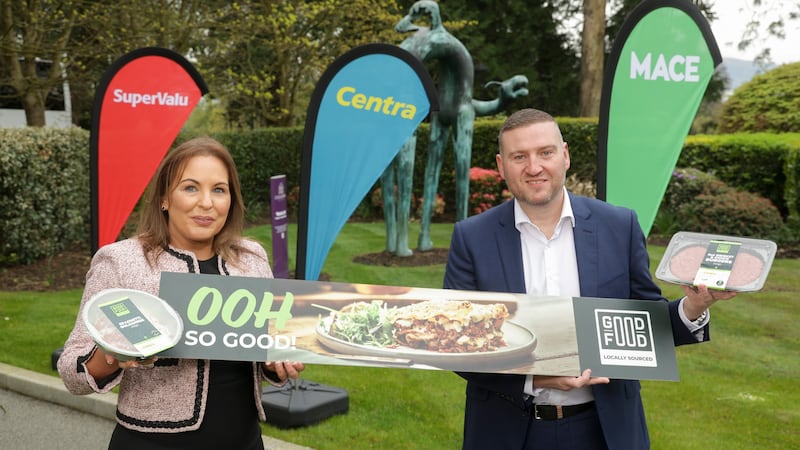QUESTION: We are selling a property which used to be our family home, but it has been let out to tenants for the last five years. Are we entitled to capital gains tax relief?
ANSWER: One of the tax benefits of marriage used to be the previous ‘married man’s allowance’. But in 1988 the then Chancellor Nigel Lawson finally struck a blow for women’s rights not seen since Emmeline Pankhurst stepped in front of King George V's horse Anmer at the 1913 Epsom Derby when he introduced independent taxation for married women. This meant that women had to prepare their own tax returns separate from their husband’s.
Following this change, over a quarter of a century later, many are still under the misapprehension that tax is the same whether one is married or not. But that is certainly not the case. Marriage and civil partnership can confer reliefs and allowances unavailable to unmarried couples.
While, in principle, we are all taxed as individuals, married couples are given a bit of leeway in arranging their finances to reduce the overall family tax bill. This can enable couples to reduce the income tax paid on savings, investments, or on a rental property if one spouse pays a lower rate of tax than the other.
There are also considerable advantages in being married in the areas of capital taxes, notable capital gains tax (CGT) and inheritance tax (IHT).
CGT permits gifts between spouses or civil partners to occur on a ‘no-gain no-loss’ basis during marriage and indeed in the year of separation, the latter being of vital importance for couples contemplating separation/divorce. Gifts between unmarried partners take place at market value and there is no CGT relief available.
IHT rules allow transfers of assets between spouses/civil partners in lifetime and on death to occur free of IHT even if separated (but not divorced). Indeed IHT rules changed in recent years and now a surviving spouse can used a deceased spouses nil rate band (currently worth £325,000) whereas no such nil rate band transfer is permitted for unmarried couples.
At a recent funeral of a friend I noted in the Service booklet that his long term partner now bore the deceased’s surname, I found out that they had married a week before he died. I wonder did tax relief play any part in the ceremony?
:: Paddy Harty (p.harty@pkffpm.com) is director at PKF-FPM Accountants (www.pkffpm.com). The advice in this column is specific to the facts surrounding the question posed. Neither The Irish News nor the contributors accept any liability for any direct or indirect loss arising from any reliance placed on replies.








